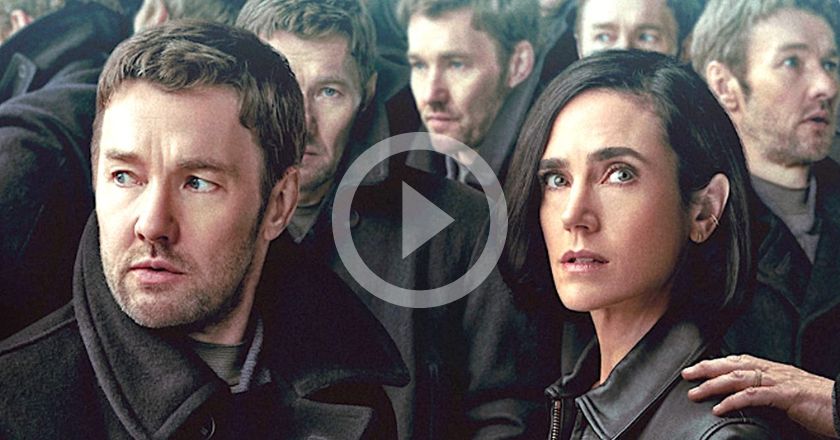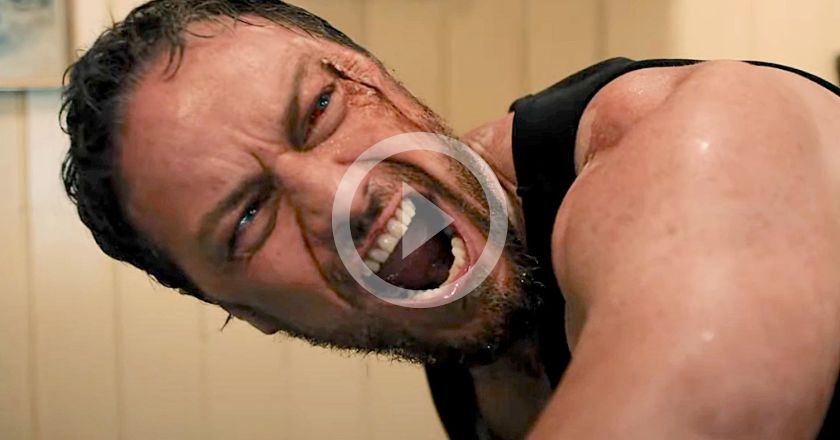
Macbeth has been brought to the screen by some of the greatest auteurs in cinema: Orson Welles, Roman Polanski, and Akira Kurosawa (Throne of Blood) have all made adaptations of Shakespeare’s brutal Scottish play, and each is equally definitive in its own way. So you may ask whether indeed it needs to be done again; and if you sat through Geoffrey Wright’s 2006 attempt, whether it needs to be done again by an Australian. Thankfully, the answer to A and B is resoundingly yes, because Justin Kurzel (Snowtown) has made a Macbeth that can stand among the company of its other iterations with proud, bloodied hands.
The thing most immediately apparent about this Macbeth is that it is probably the most visually impressionistic to date, because Kurzel favours an abstracted colour palette -bold and dark- which has more to do with the tone of the story and mood of the characters than it does a sense of naturalism. If occasionally you begin to worry that the battle scenes resemble a cast-of-thousands beer commercial, the threat withdraws itself before consummation. If Macbeth and Macduff look like two dying, mud splattered drag-queens locked in battle at the film’s climax, just go with it.
Some may like this approach, some may not, but objectively it works, and besides which, has more to do with grittiness than a revisionist or ironist sense of camp.

While Kurzel’s Macbeth is indeed a faithful recitation of the play, what it emphasises is an emotional reading of the text, which seems lacking when compared with, say, Polanski’s film. The focus of the delivery in that film is on very clear annunciation by the actors. If, on one hand, it makes the dialogue more purely discernible -and if you’re unfamiliar with the plot, that helps- it does come at the expense of feeling. Conversely, in Kurzel’s film, the [Scottish] dialect is heavier, the words comparably less decipherable, but the emotional stake much higher and the dramatic arc possibly more compelling as a consequence.
As Macbeth, Michael Fassbender is turbulently fraught, both repulsive and sympathetic as the power-corrupted King of Scotland; a great, wounded bear, lashing with his bandaged paw even as he bleeds to death. He takes to the role like the best of chameleon actors, merges with it, becomes indistinguishable as himself, and so gives a brilliant performance accordingly.
But it is Marion Cotillard who gives the performance of her career. Stunningly striking, her bulbous eyes protruding from a moat of green mascara, she distinguishes herself as one of the best screen Lady Macbeth’s ever; like Fassbender, striking a perfect balance between repulsion and brutalized innocence.
Regardless of how it compares to previous incarnations, this is a great film, and part of that greatness is the balance it strikes between contemporary entertainment and reverence for its source. If aficionados of Shakespeare can appreciate it -and they should- it is simultaneously modern enough that neophytes will still find themselves suitably beguiled.
THE REEL SCORE: 9/10
– M.L.







